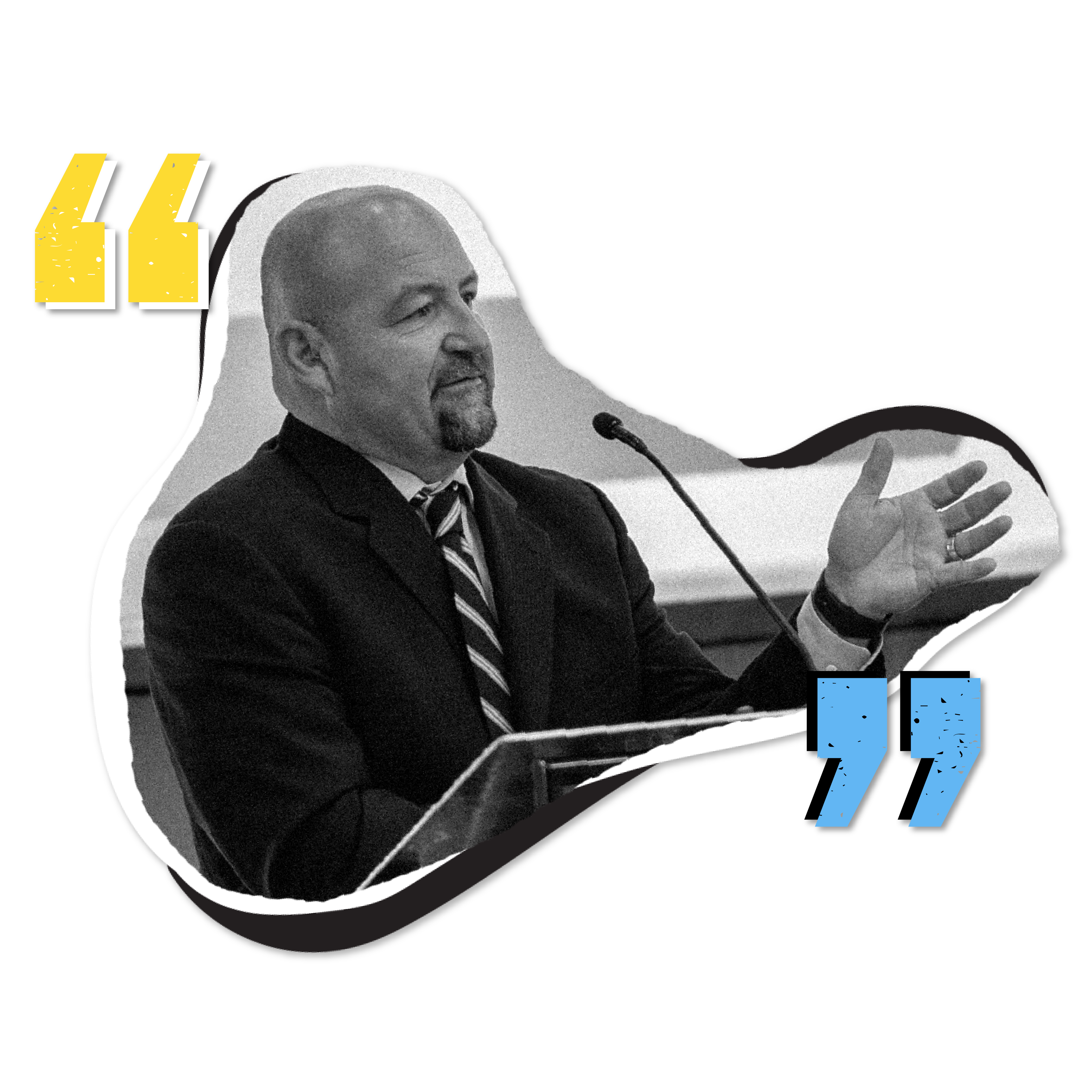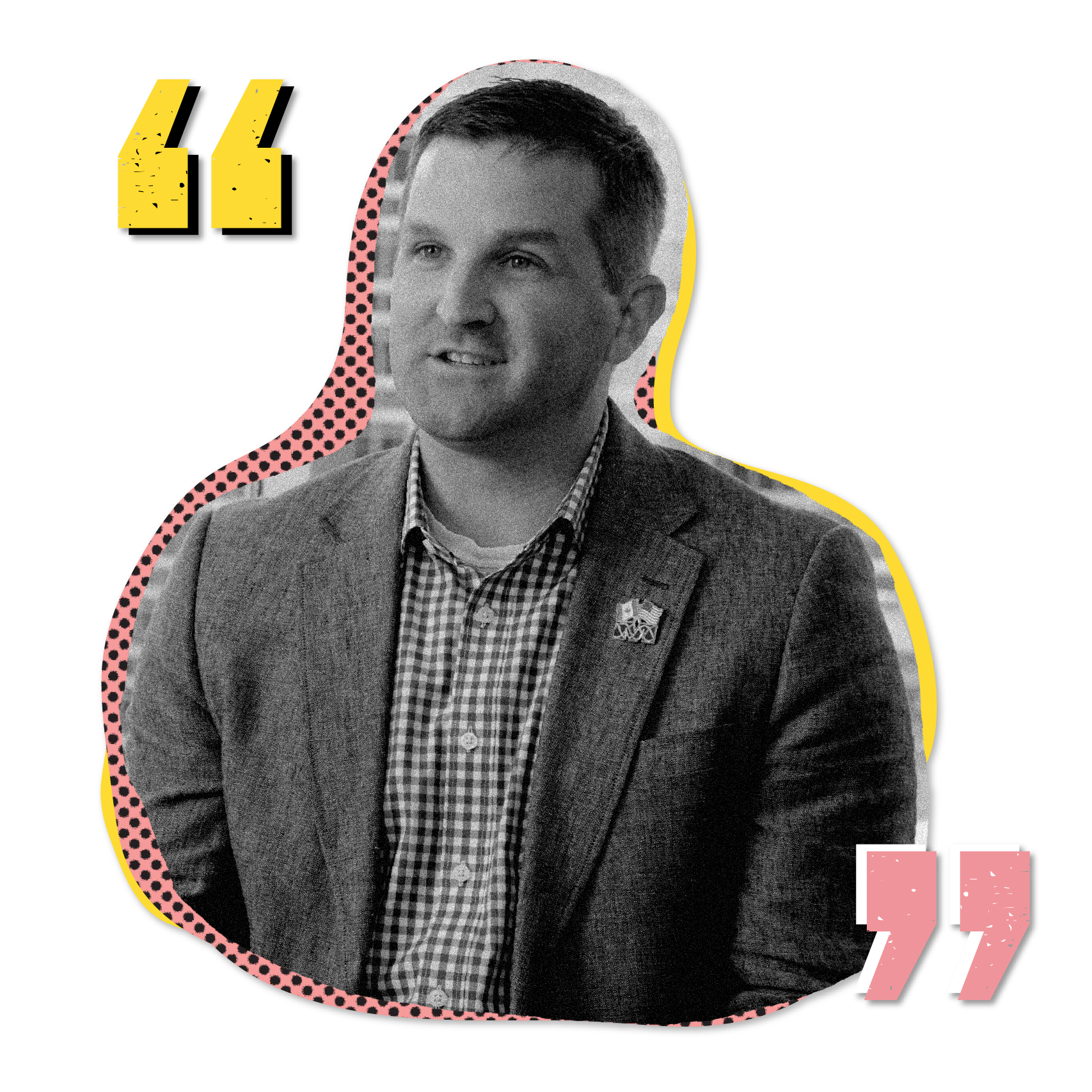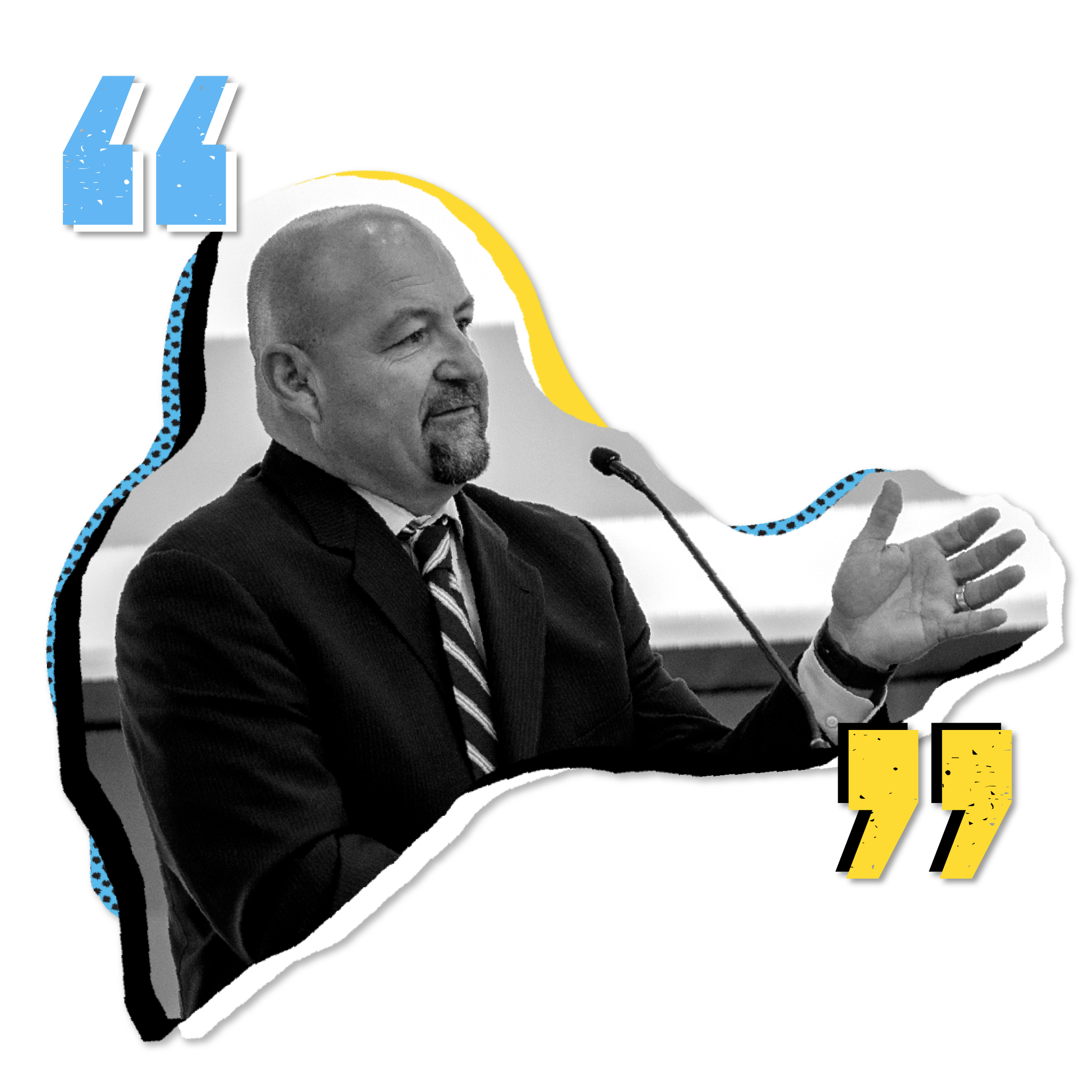



As the nation's electric grid faces escalating reliability risks, energy leaders are making their voices heard. Regulators, grid operators, utilities and others are continuing to sound the alarm on the United States transitioning too quickly away from the stability provided by baseload coal, nuclear and natural gas power plants.
Reports and Regulations
As the nation's electric grid faces escalating reliability risks, energy leaders are making their voices heard. Regulators, grid operators, utilities and others are continuing to sound the alarm on the United States transitioning too quickly away from the stability provided by baseload coal, nuclear and natural gas power plants.


“I’m really afraid to say that I think the United States is heading for a very catastrophic situation in terms of reliability. I hope it doesn’t happen, but I think we’re heading for potentially catastrophic consequences and the core of the problem is actually very simple. We’re retiring dispatchable generating resources at a pace and in an amount that is far too fast and far too great and it is threatening our ability to keep the lights on.”
Mark Christie, FERC commissioner, at a U.S. Senate Committee hearing on May 4, 2023





“You can’t get around the fact that you’re going to need tens of thousands of miles of new transmission lines if you want to build the hundreds of gigawatts of wind and solar and batteries that many of us predict are needed to achieve overall decarbonization goals. We’re not on pace to build 50,000 miles of high-voltage lines in the next six years.”
Ernest Moniz, former Department of Energy Secretary



“We’re talking about these reliability challenges in a nation that is so blessed with an abundant array of affordable, reliable energy resources like America is, it really doesn’t seem plausible that we should ever fall short. Yes, we have storms. Yes, there are power outages. That’s going to happen. But not having enough? That should never happen. Ever.”
Julie Fedorchak, NDPSC commissioner, at National Association of Regulatory Utility Commissioners’ annual meeting in November 2023

“Headlining the regional risk is uncertain energy availability, which was elevated from a high risk in 2023 to an extreme risk in 2024. This is the first time in the assessment’s history that a risk has risen to an extreme priority. A reliable bulk power system requires generating resources to produce the necessary amount of energy to manage electricity demand at any given time. The energy mix is rapidly transforming to include more energy-limited resources that have un-ensured fuel supplies, challenging the ability to provide power on demand.”
Mark Tiemeier, MRO Principal Technical Advisor, in reference to 2024 MRO Regional Risk Assessment Report


“People use the phrase ‘keeping the lights on,’ but it’s so much more than that. It’s keeping families warm in the winter, helping American businesses stay competitive, ensuring hospitals and essential resources are available at all times and protecting our national security. These are things that depend on a reliable electric grid and we should take that seriously.”
Mac McLennan, Minnkota Power Cooperative President & CEO

“I’m really afraid to say that I think the United States is heading for a very catastrophic situation in terms of reliability. I hope it doesn’t happen, but I think we’re heading for potentially catastrophic consequences and the core of the problem is actually very simple. We’re retiring dispatchable generating resources at a pace and in an amount that is far too fast and far too great and it is threatening our ability to keep the lights on.”
Mark Christie, FERC commissioner, at a U.S. Senate Committee hearing on May 4, 2023



“The transition that is underway to get to a decarbonized end state is posing material, adverse challenges to electric reliability.”
John Bear, MISO CEO, in the 2024 MISO Reliability Imperative Report
“You can’t get around the fact that you’re going to need tens of thousands of miles of new transmission lines if you want to build the hundreds of gigawatts of wind and solar and batteries that many of us predict are needed to achieve overall decarbonization goals. We’re not on pace to build 50,000 miles of high-voltage lines in the next six years.”
Ernest Moniz, former Department of Energy Secretary


“We’re talking about these reliability challenges in a nation that is so blessed with an abundant array of affordable, reliable energy resources like America is, it really doesn’t seem plausible that we should ever fall short. Yes, we have storms. Yes, there are power outages. That’s going to happen. But not having enough? That should never happen. Ever.”
Julie Fedorchak, NDPSC commissioner, at National Association of Regulatory Utility Commissioners’ annual meeting in November 2023
“Headlining the regional risk is uncertain energy availability, which was elevated from a high risk in 2023 to an extreme risk in 2024. This is the first time in the assessment’s history that a risk has risen to an extreme priority. A reliable bulk power system requires generating resources to produce the necessary amount of energy to manage electricity demand at any given time. The energy mix is rapidly transforming to include more energy-limited resources that have uninsured fuel supplies, challenging the ability to provide power on demand.”
Mark Tiemeier, MRO Principal Technical Advisor, 2024 MRO Regional Risk Assessment Report


“People use the phrase ‘keeping the lights on, ’but it’s so much more than that. It’s keeping families warm in the winter, helping American businesses stay competitive, ensuring hospitals and essential resources are available at all times and protecting our national security. These are things that depend on a reliable electric grid and we should take that seriously.”
Mac McLennan, Minnkota Power Cooperative President & CEO